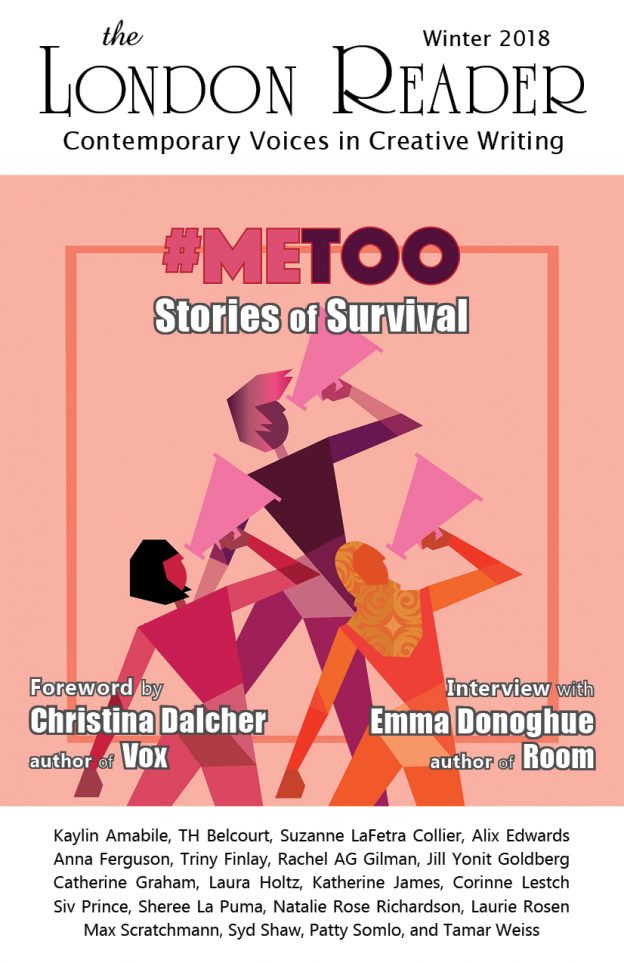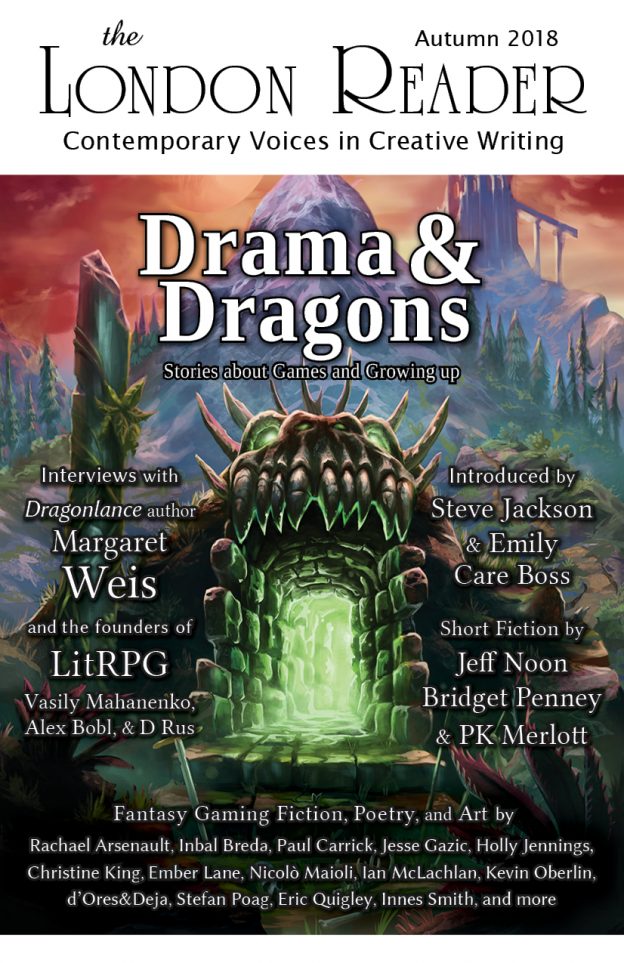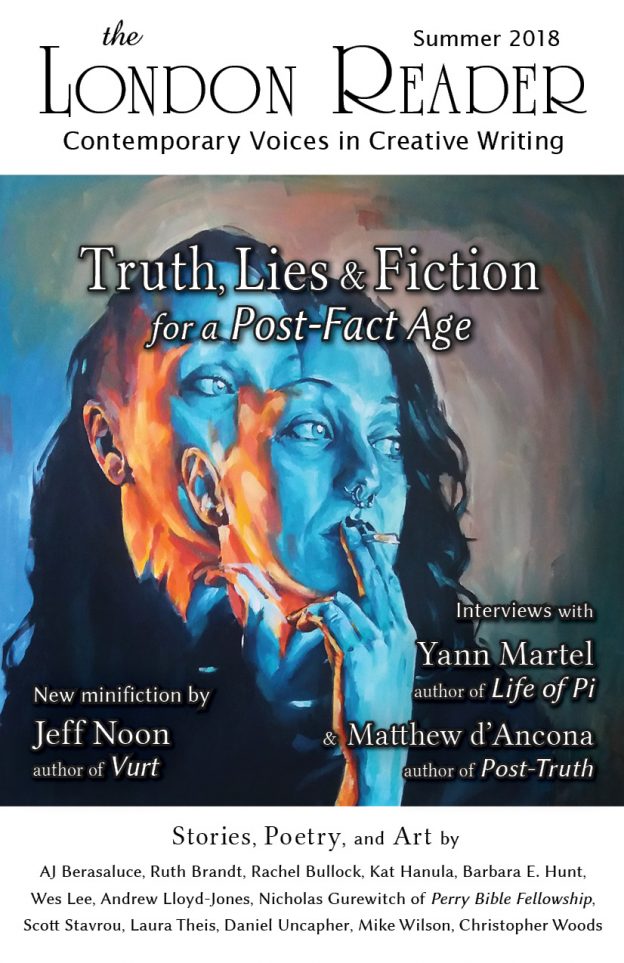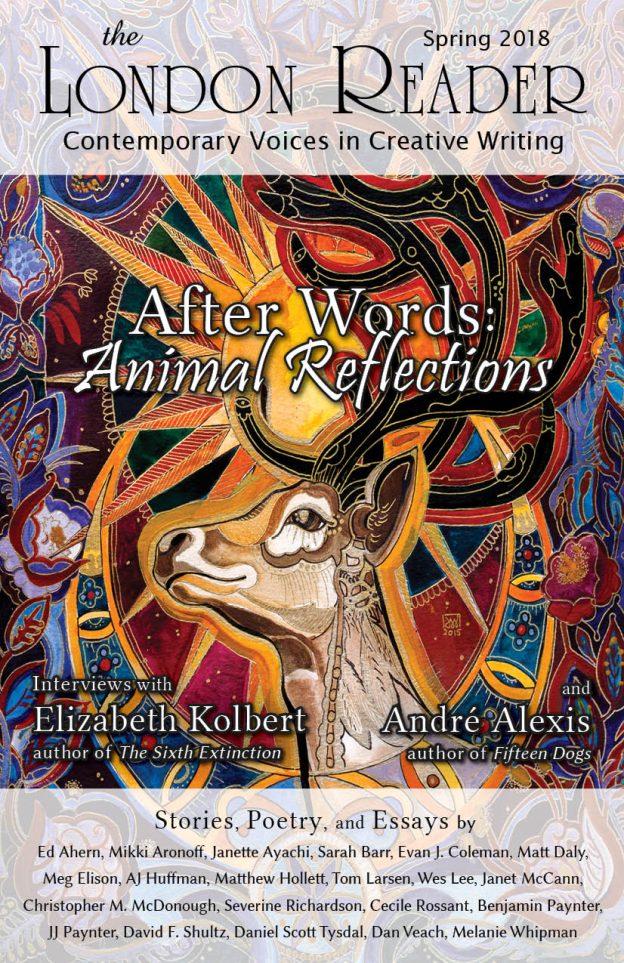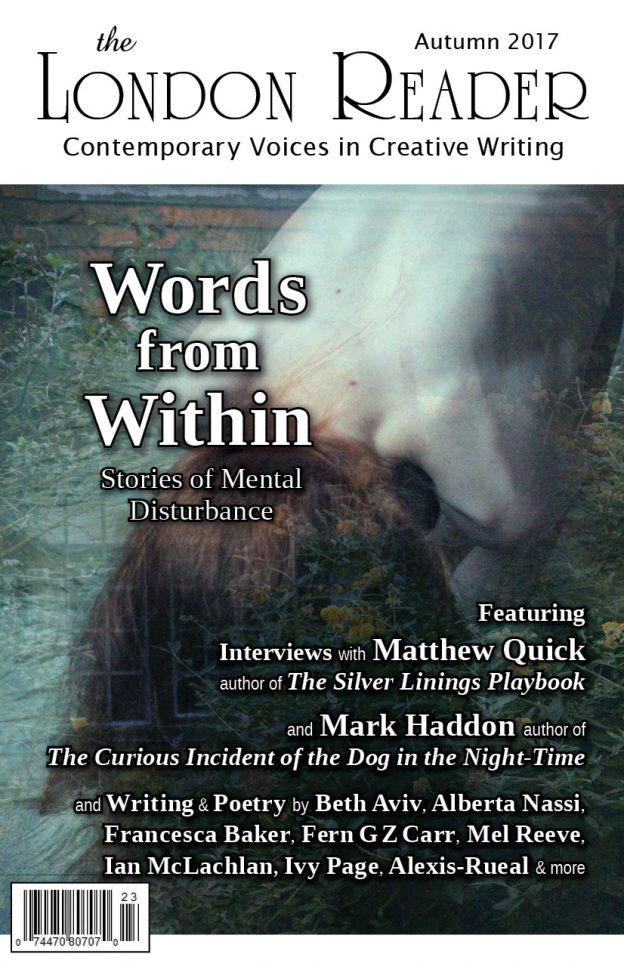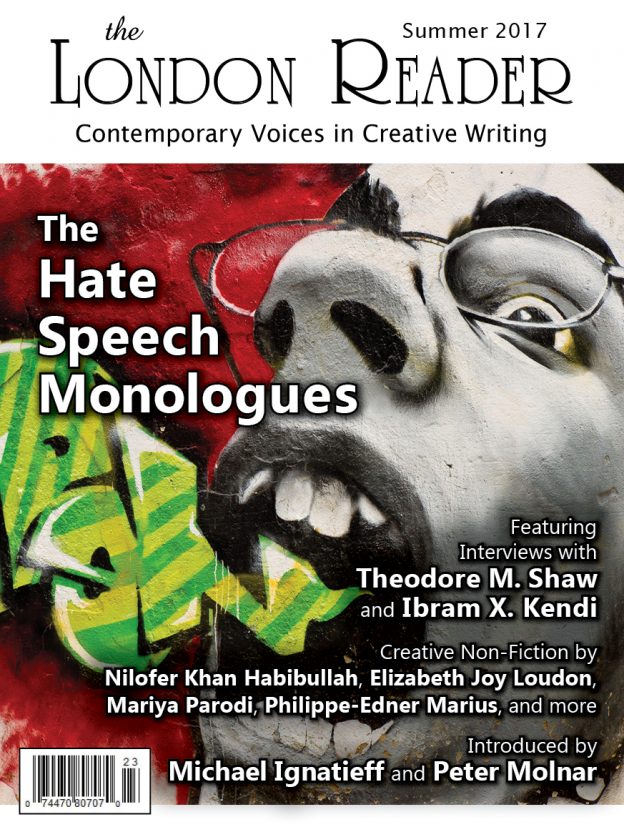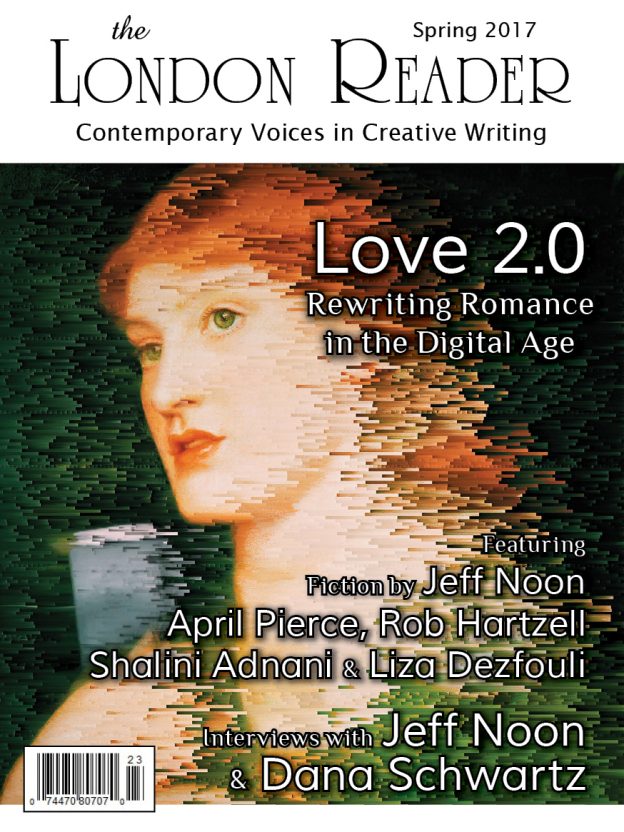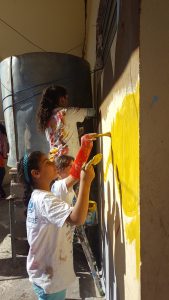Stories of Survival
The #MeToo movement has begun to reveal just how many people have been affected by an often-ignored and unfortunately all-too-common culture of sexual entitlement and violence. Survivors are standing up, telling their stories, and getting the world to listen. This issue of the London Reader confronts this challenging topic through the stories of pain and survival of the authors, poets, and artists within.
Fiction, poetry, and art by Alix Edwards, Catherine Graham, Corinne Lestch, Jill Yonit Goldberg, Katherine James, Kaylin Amabile, Laura Holtz, Laurie Rosen, Max Scratchmann, Miriam Schlesinger, Natalie Rose Richardson, Patty Somlo, Rachel A.G. Gilman, Sheree La Puma, Siv Prince, Suzanne LaFetra Collier, Syd Shaw, Tamar Weiss, TH Belcourt, and Triny Finlay.
#MeToo: Stories of Survival features a guest foreword by Christina Dalcher, author of the best-selling novel VOX, and an interview with the award-winning novelist Emma Donoghue, author of the Man Booker-shortlisted novel Room, and the Oscar-nominated screenplay based on it.
This is a topic for which it is important to listen, to hold space for the speakers, and to give a platform for their voices. We readers should be listening. It is their stories that need to be heard. This issue is dedicated to them.
Subscribe now to access to the most recent issue. To read a previous issue, donate whatever you want, and receive a download link to the PDF:

The London Reader is a cooperative magazine. Your donation supports the writers, artists, and collaborators who made the issue.

